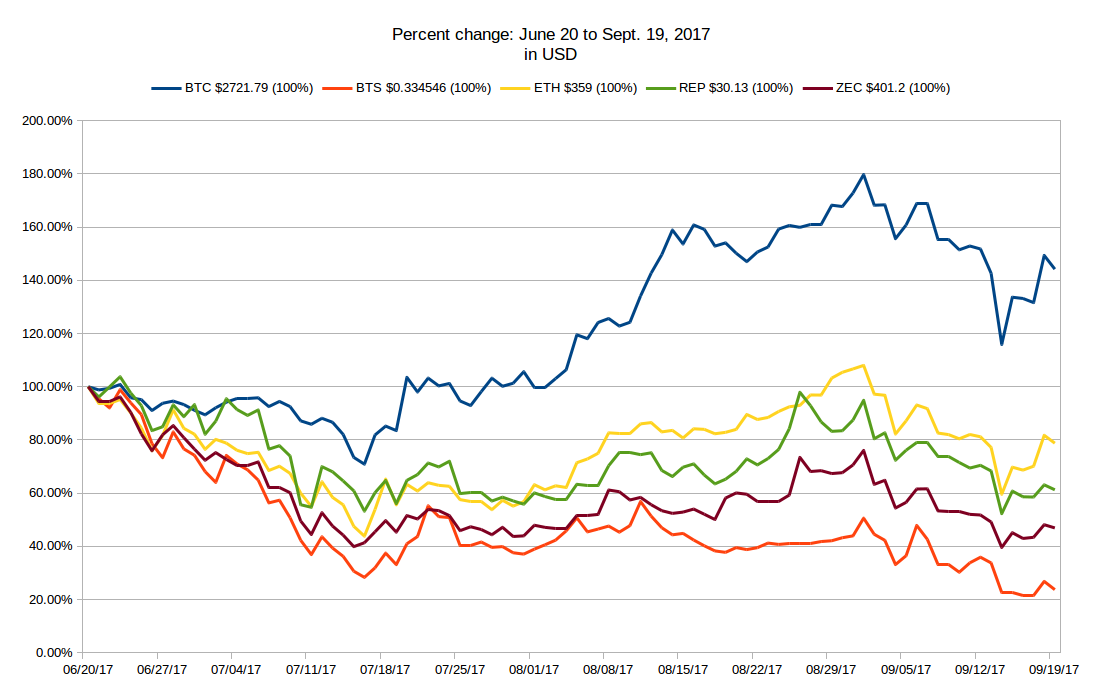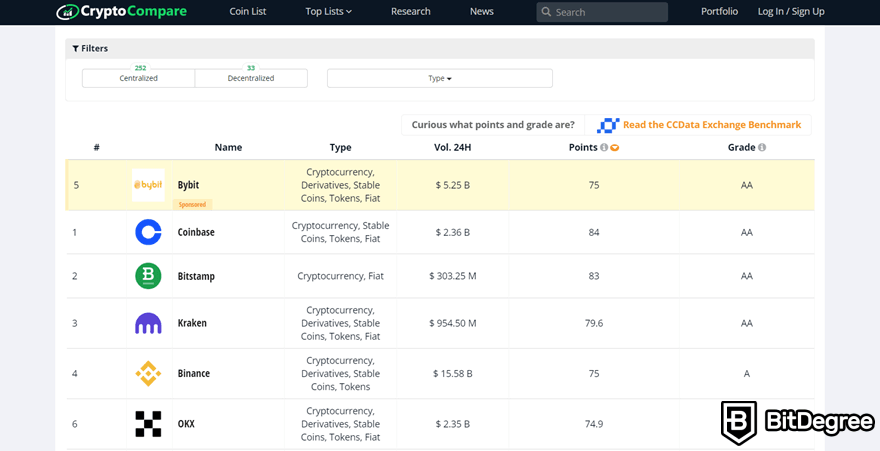I’ve been in the crypto space for years, and I’ll admit—it took me way too long to find a tool that actually made it easy to compare coins side by side. Most platforms either gave me too much fluff or not enough data. That changed when I found CryptoCompare.
Here’s the thing: tracking crypto prices is only half the battle. If you don’t understand volume, market cap, or algorithm differences, you’re missing the full picture. And if you’re a developer building crypto tools, you need reliable APIs and clean data. That’s where CryptoCompare shines.
In this guide, I’ll walk you through how I use CryptoCompare to:
- Track real-time prices and historical charts
- Compare coin fundamentals like max supply, consensus algorithms, and block times
- Evaluate exchange volume and trading pairs
- Use CryptoCompare’s API for app development
Whether you’re just getting started or looking to level up your trading decisions, you’ll find value here. I’ve pulled together personal insights, side-by-side data, and visuals to help you get the most out of this tool.
What Is CryptoCompare?
If you’ve ever wanted to compare Bitcoin to Ethereum or figure out where Litecoin is traded most, CryptoCompare is your go-to platform. It offers real-time and historical data, API access, exchange insights, and detailed coin pages—all wrapped in a user-friendly interface.
Unlike CoinGecko or CoinMarketCap, CryptoCompare is more technical and developer-friendly, but still great for average users. Personally, I use it daily for price watching and validating exchange liquidity when picking where to trade.
Key Features of CryptoCompare
Let’s look at what sets CryptoCompare apart from the crowd. Below are the features I find most helpful.
Price Comparison Tools
CryptoCompare lets you check real-time prices for any crypto in multiple fiat currencies. I love using their candlestick charts when watching BTC/ETH pair fluctuations.
:max_bytes(150000):strip_icc()/CMCEthereum1MCandlestick-5283779bcc654326a78f8c44e3defe30.jpg)
Want to see ETH/USD over the past 90 days? You get clean, adjustable charts with volume overlays. This helps me decide when to enter or exit positions based on historical strength.

Coin Detail Pages
Each coin comes with rich data: supply, algorithm, proof type, and launch info. When comparing coins, I always check this section to understand whether it’s PoW or PoS, capped or inflationary. It matters when assessing long-term value.
Exchange Insights
Another game-changer? Exchange data. You can see where a coin is actively traded, what the top pairs are, and what kind of volume backs them.

For instance, if I want to know where ADA/BTC has deep liquidity, I just check this section. It helps me avoid slippage and poor fills.
How to Compare Cryptocurrencies
Now that we’ve got the basics, let’s walk through the actual process I use to compare coins head to head. It’s not just about price—here’s what really matters.
Popular Crypto Comparison Example: BTC vs ETH vs LTC
I put together this table after using CryptoCompare’s tools. It’s how I personally assess the “big three”—Bitcoin, Ethereum, and Litecoin.
| Feature | Bitcoin (BTC) | Ethereum (ETH) | Litecoin (LTC) |
|---|---|---|---|
| Launch Year | 2009 | 2015 | 2011 |
| Algorithm | SHA256 | Ethash | Scrypt |
| Consensus | Proof of Work | PoW → PoS (Merge) | Proof of Work |
| Max Supply | 21 million | No cap | 84 million |
| Avg Block Time | 10 minutes | 13 seconds | 2.5 minutes |
This kind of snapshot is gold. I use it to identify long-term scarcity and speed differences, which directly impact use case and scalability.
Comparing Historical Performance
Beyond fundamentals, performance charts tell a story. I use CryptoCompare to view YTD or 90-day charts side by side. It’s wild how differently BTC and ETH behave when the market shifts. That’s where true insights live.
Comparing Technical Details
Don’t skip this. The algorithm (SHA256 vs Ethash vs Scrypt) affects mining, decentralization, and security. PoW vs PoS? That’s a huge conversation, especially after Ethereum’s Merge. CryptoCompare explains these well on each coin page.
Using CryptoCompare’s API
As someone who builds trading dashboards and bots, I rely heavily on CryptoCompare’s API. It’s not just for devs—you can use it for research, portfolio tools, or price alerts.
Getting an API Key and Exploring Endpoints
You’ll need an API key to get started. It’s free to sign up, and you can access endpoints for real-time prices, historical OHLCV (Open, High, Low, Close, Volume), top trading pairs, and more.
Real-Time and Historical Data Examples
Here’s an actual JavaScript snippet I used to fetch BTC prices in USD and EUR:
const cc = require('cryptocompare');
cc.setApiKey('YOUR-API-KEY');
cc.price('BTC', ['USD', 'EUR']).then(prices => console.log(prices));That’s it. You get clean, quick responses—ideal for trading bots or alert systems. This helped me build a widget for real-time ETH volatility tracking.
Common Use Cases for Apps and Bots
I’ve used the API to:
- Power my own price ticker widget
- Track top exchanges by pair
- Analyze volatility by hour
With this kind of access, the data possibilities are endless. I’ve even seen developers pull sentiment data and news headlines alongside prices.
Alternatives to CryptoCompare
While I’m a big fan of CryptoCompare, I’ve also tried CoinGecko and CoinMarketCap. Here’s how they stack up:
CryptoCompare vs CoinGecko
CoinGecko has more community sentiment features and simpler UI. I use it when I want a quick glance. But CryptoCompare offers deeper historical datasets and technical info—way better for in-depth analysis.
CryptoCompare vs CoinMarketCap
CoinMarketCap is backed by Binance now, which concerns me a bit in terms of neutrality. CryptoCompare feels more independent, especially in how it lists exchanges and trading pairs. That transparency really matters to me.
FAQs About CryptoCompare
What is CryptoCompare used for?
It’s a full-featured crypto data platform. You can compare coin metrics, prices, volume, and even exchange activity. It’s ideal for both casual price checkers and serious traders or developers.
How accurate is CryptoCompare’s data?
In my experience, very accurate. They pull from major exchanges in real time and also provide historical info with granular detail. That’s one reason I trust their API in my trading bots.
Is CryptoCompare free to use?
Yes, most of the web features are free. You’ll only need to pay if you need higher limits or premium data through the API. I used the free tier for months before ever needing an upgrade.
How does CryptoCompare compare to CoinGecko?
CoinGecko is simpler and has a better mobile app. But CryptoCompare offers more technical data, better exchange filters, and more developer tools. I use both—but when I’m doing research, I default to CryptoCompare.
Recap of Key Points
We walked through how CryptoCompare helps you analyze crypto from all angles—real-time pricing, exchange volume, coin fundamentals, and historical trends. I showed you how I personally compare BTC, ETH, and LTC using their platform. Plus, you saw how to use their API for automation and tracking.
If you’re tired of piecing together info from 10 different sites, CryptoCompare gives you one powerful dashboard to rule them all. I’ve used it to track trends, build apps, and make smarter trades. And I keep coming back to it for its clean data and developer support.
Crypto changes fast—but with the right tools, you can stay ahead. Whether you’re a trader, a builder, or just curious, CryptoCompare is the tool I trust. Now you’ve seen why.
